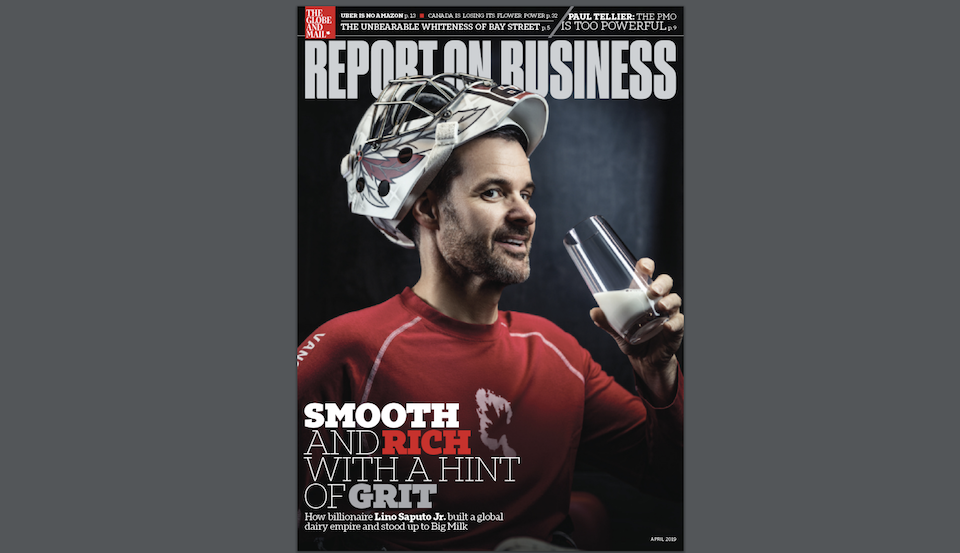
For those who lived through the tech bubble of the late 1990s, the renewed enthusiasm for all things hydrogen has likely brought a sense of déjà vu.
Two decades after fuel cell mania sent shares of companies such as Vancouver-based Ballard Power Systems Inc. soaring – only to crash when the technology failed to live up to its promise for commercialization – investors are betting that the time has finally come for the universe’s most abundant element to play an important role in tackling climate change.
“It really is a case that 20 years ago hydrogen looked interesting but was ahead of the time,” said John Bereznicki, an analyst with Canaccord Genuity in Calgary. “The political will to decarbonize has evolved.”


